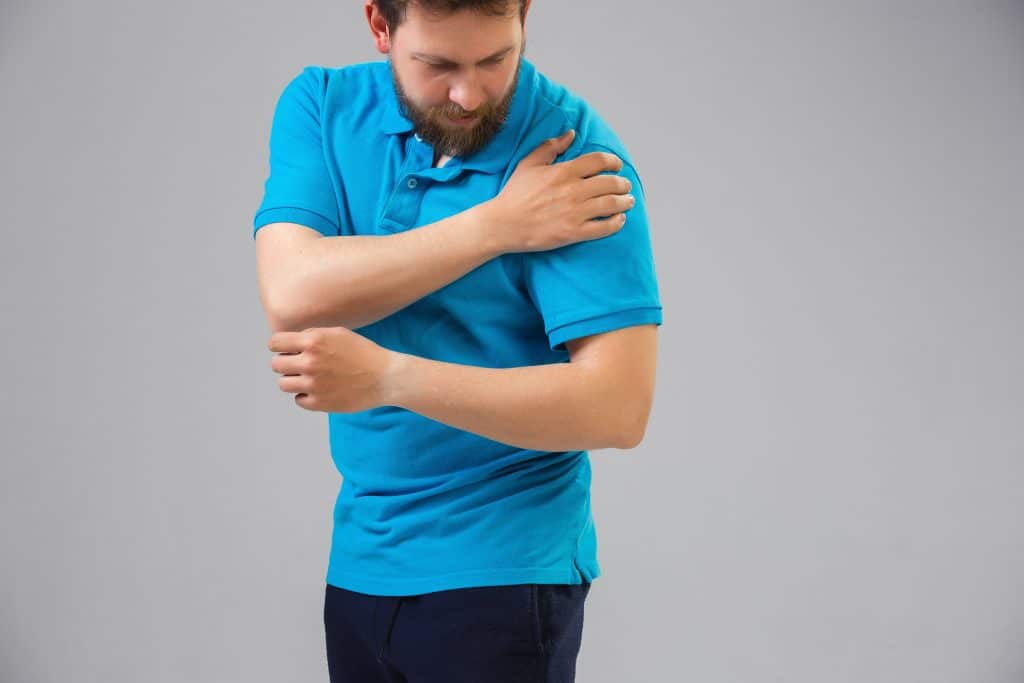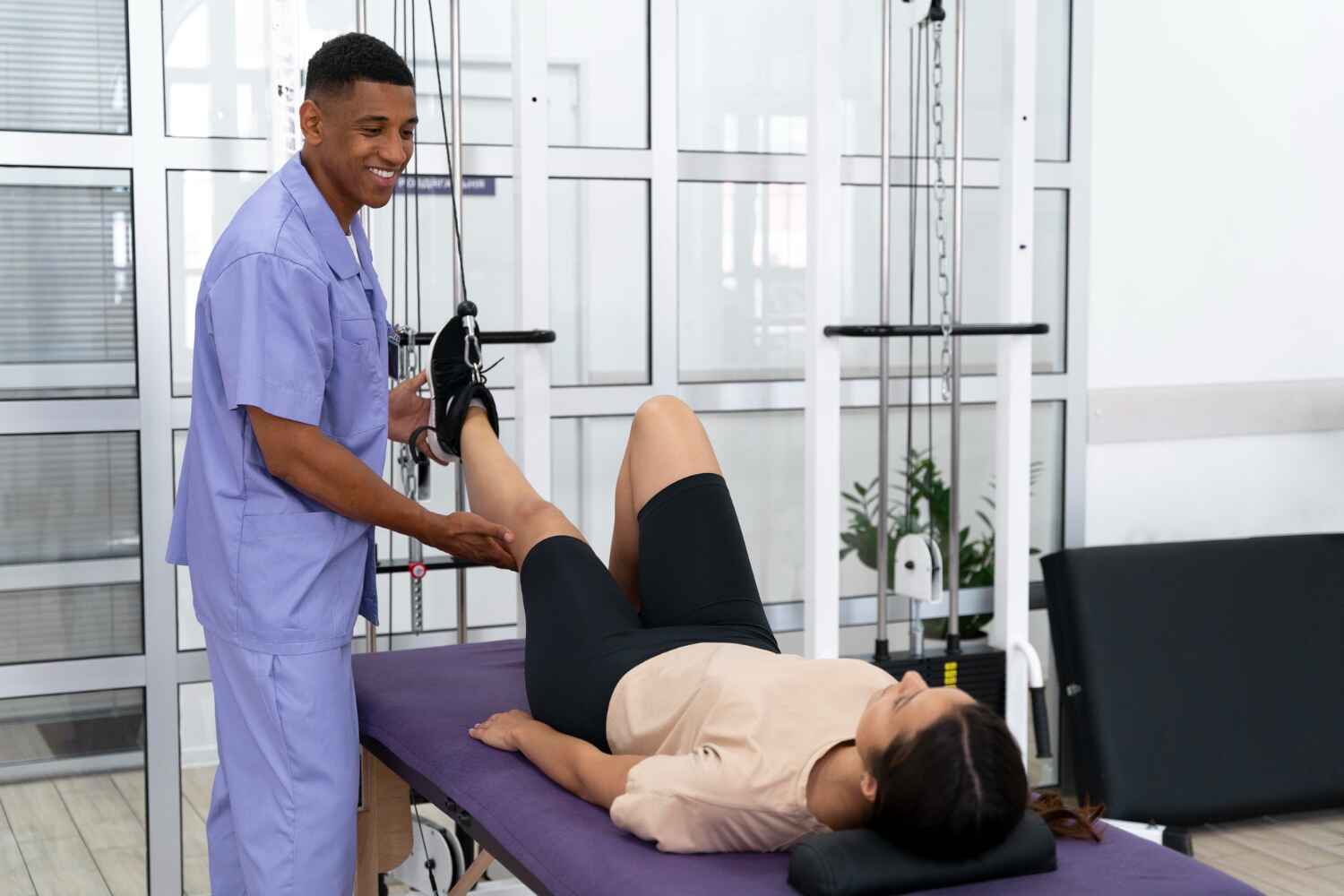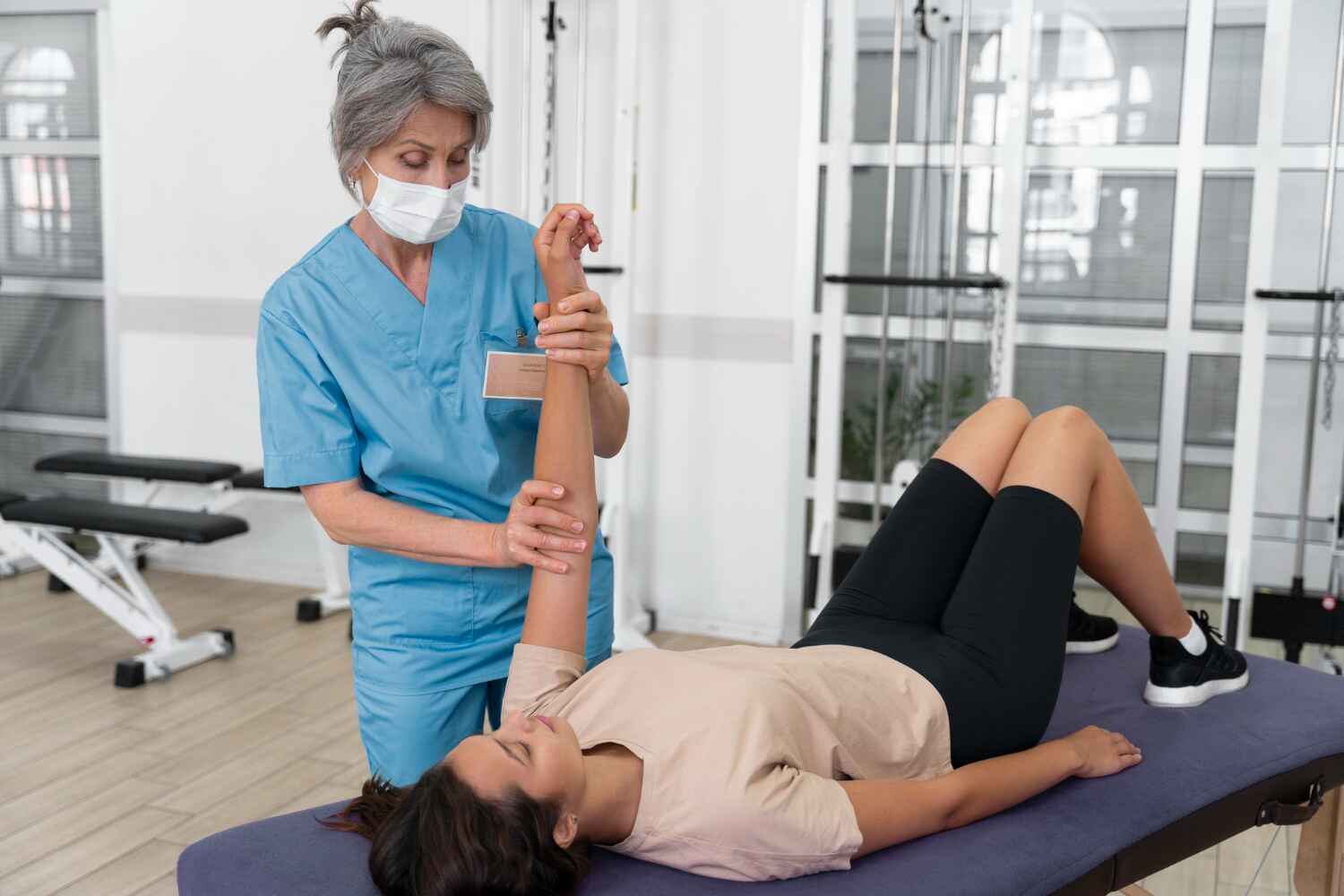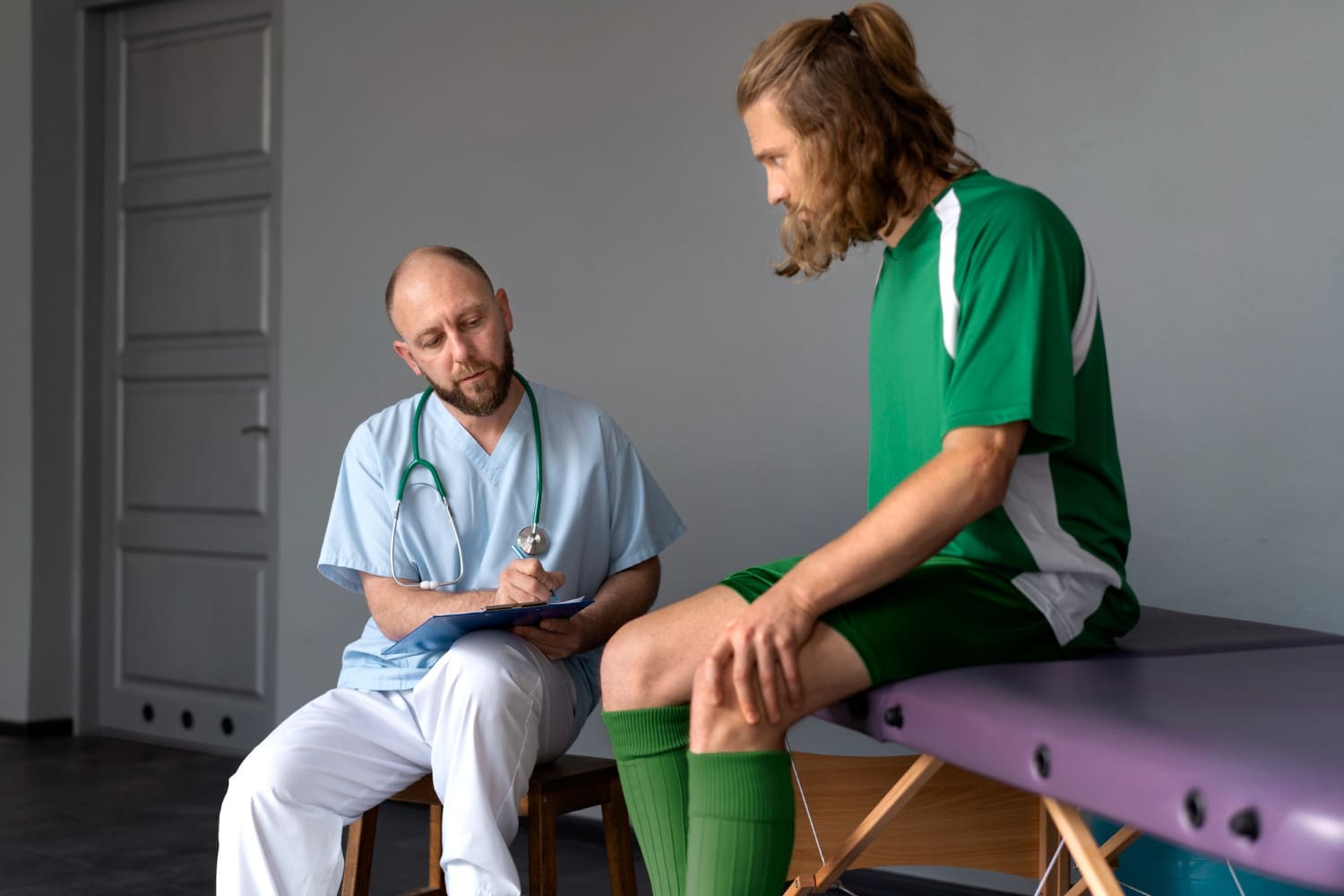
A lot is riding on your shoulders. When you injure a shoulder, or it starts to hurt or limit your range of motion, even simple tasks can become painful ordeals, and getting a good night’s sleep may seem like an unobtainable dream. One of the most common shoulder problems we see at OrthoMiami involves injuries to the rotator cuff. Almost two million Americans see a doctor every year because of a rotator cuff problem. As painful and debilitating as a rotator cuff injury can be, we have effective treatment options that can repair the joint, reduce discomfort, and restore your range of motion.
What Is the Rotator Cuff?
The rotator cuff is a group of four muscles and tendons that surround your shoulder joint and cover the head of the humerus. It attaches the humerus to the shoulder blade and helps you lift and rotate your arm while keeping the head of your upper arm bone securely ensconced within the shallow socket of the shoulder.
How Do Rotator Cuff Injuries Happen?
Injuries to the rotator cuff can happen suddenly due to trauma or can develop over time from overuse or wear and tear from repetitive motion or frequent heavy lifting. They typically involve a tear of the tendons such that they no longer fully attach to the head of the humerus.
Like so many orthopedic conditions, the risk of a rotator cuff injury increases as we get older. Rotator cuff tears are most common in people older than 60. Jobs such as carpentry or house painting that involve repetitive and overhead arm motions can damage the rotator cuff over time, and the genetics of certain families may also make some people more vulnerable to rotator cuff injuries.
Symptoms of a Rotator Cuff Injury
You may have an injured rotator cuff, and should seek an evaluation from a doctor, if you are experiencing any of the following:
- A dull ache deep in your shoulder
- Disturbed sleep from pain or discomfort in your shoulder
- Difficulty combing your hair or reaching behind your back
- Arm weakness
Treating Rotator Cuff Injuries
Without treatment, rotator cuff problems can lead to permanent loss of motion or weakness and may result in progressive degeneration of the shoulder joint. That is why it is important to seek medical help if you believe you might have a rotator cuff injury.
Conservative treatments such as ice, rest, and physical therapy are often enough to treat a minor rotator cuff injury. For more severe injuries and those that interfere with your daily activities or sleep, we may recommend steroid injections into your shoulder joint. Physical therapy can also help restore flexibility and strength to your shoulder and is a critical part of recovery if surgery is required, as it sometimes is. Rotator cuff surgery can involve arthroscopic tendon repair, tendon transfer and, in the most extreme cases, shoulder replacement in which we install the ball part of an artificial joint onto the shoulder blade and the socket part onto the arm bone.
Schedule a Rotator Cuff Injury Evaluation at OrthoMiami Today
At OrthoMiami, we understand the challenges and struggles that come with living with shoulder pain and a loss of mobility caused by a rotator cuff injury. When at-home treatments don’t provide relief, we use the most advanced and effective methods to eliminate pain, repair joints, and restore mobility to our patients. The OrthoMiami team always welcomes new patients and can generally schedule new patient appointments within a couple of days.
Please contact us today at (305) 596-2828 to schedule your appointment. We look forward to meeting you.


